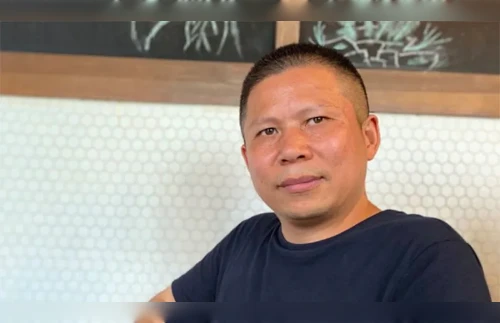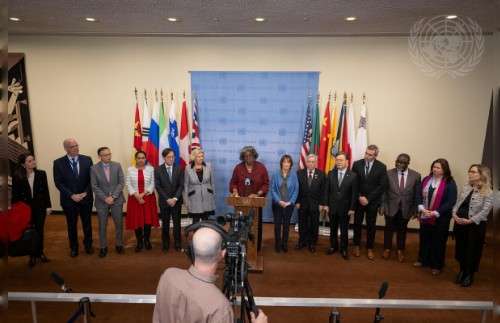The move comes amid China’s attempts to suppress Tibetan language and culture among children.
By Lobe Socktsang, Tashi Wangchuk and Tenzin Dickyi for RFA Tibetan
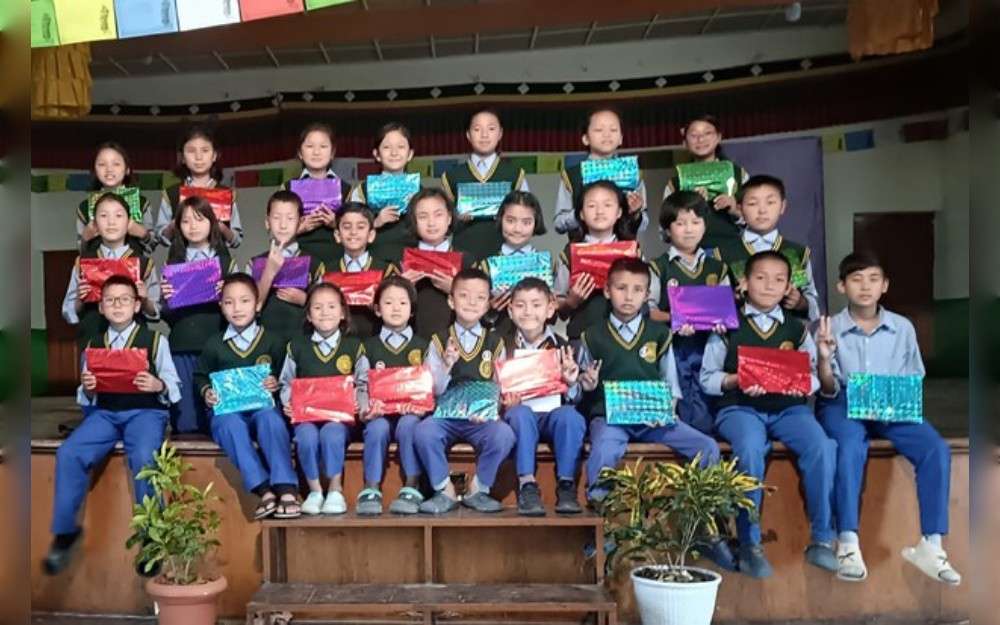
In a bid to help preserve Tibet’s language and culture, a nonprofit organization in northern India is transforming one of its facilities into a boarding school where children of Tibetans living overseas can go to live and study.
The Dharamsala, India-based school being created by the Tibetan Children’s Villages, or TCV, is accepting applications for the academic year starting Aug. 1 for children entering grades four to eight.
There are already several Tibetan boarding schools elsewhere in India, but this will be the first time one is being created for the children of overseas Tibetans.
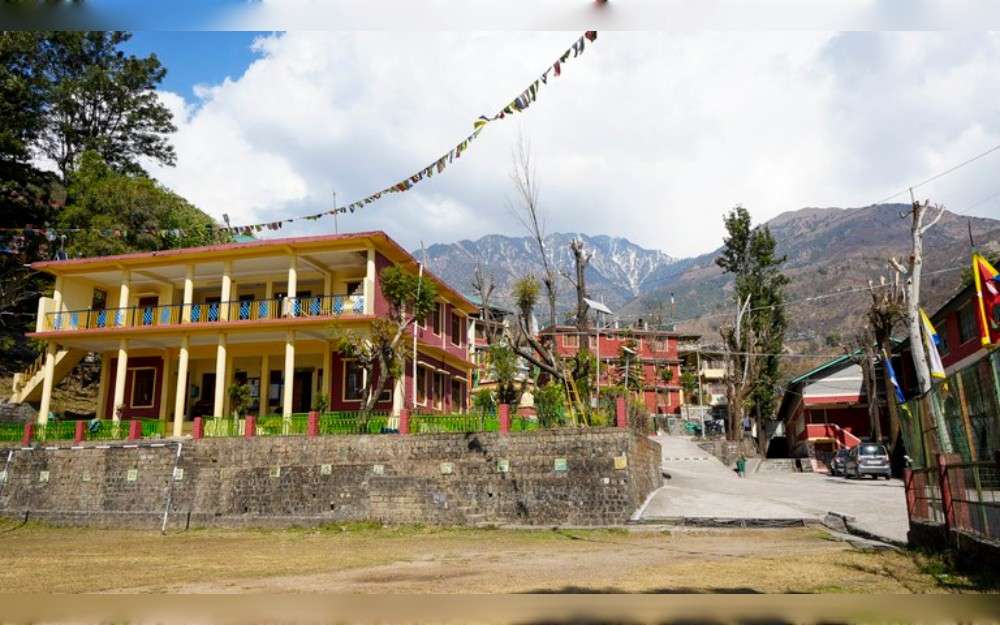
The move comes as China intensifies its policies to suppress — or even eradicate — Tibetan and other ethnic languages and cultures and replace them with Mandarin and Han Chinese customs.
Chinese officials in Tibet and in Tibetan-populated areas in China’s western provinces are using government-run boarding schools to assimilate Tibetan children culturally, religiously and linguistically, rights groups say.
Schools become ‘battleground’
Tibetan students are being forcibly removed from their homes and immersed in a Mandarin-language curriculum without an opportunity to learn the Tibetan language or culture.
“Tibetan schools are the battleground for CCP ideology,” said Kai Mueller, the Berlin-based executive director and head of U.N. advocacy at the International Campaign for Tibet, referring to the Chinese Communist Party.
“We have noted so many forms of indoctrination towards Tibetan children in school that it is quite astounding,” he said.
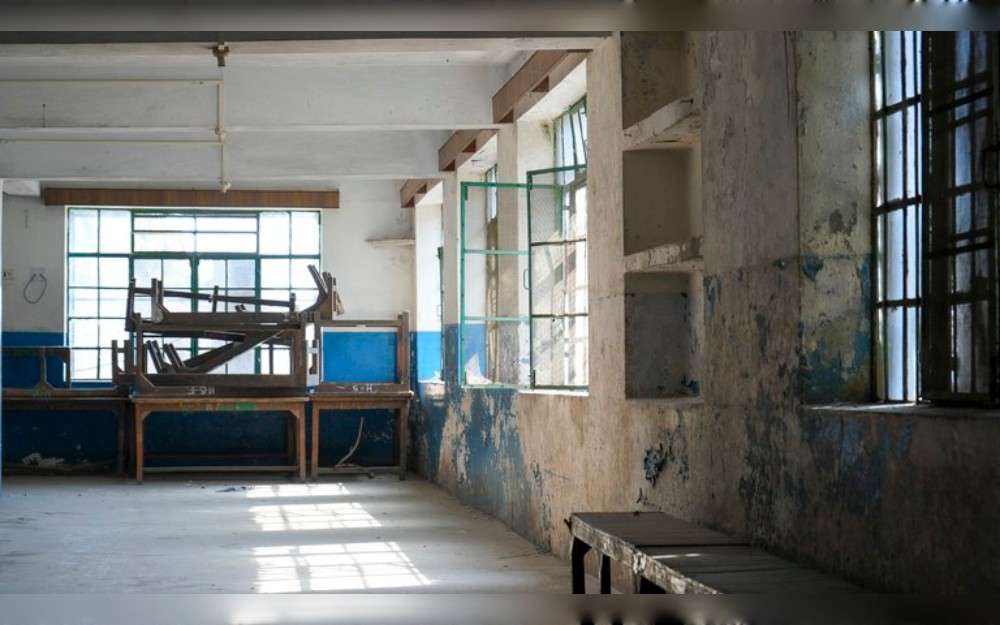
The types of indoctrination include poetry competitions on Chinese President Xi Jingping Thought on socialism with Chinese characteristics, field trips to Communist Party museums, and school visits by Chinese officials and members of the Chinese military who teach children about national unity, Mueller said.
“The Chinese rulers are using ever new methods to try to transform young Tibetans into loyal Chinese,” he said.
“Their main starting point is language,” he said.
In a two-pronged approach, Chinese officials work to dissuade children from learning their mother tongue by sending them to compulsory boarding schools and make Mandarin attractive to young Tibetans, Mueller said.
“In this way, the Chinese leadership wants to destroy the youth’s connection to traditional Tibetan culture and language,” he said.
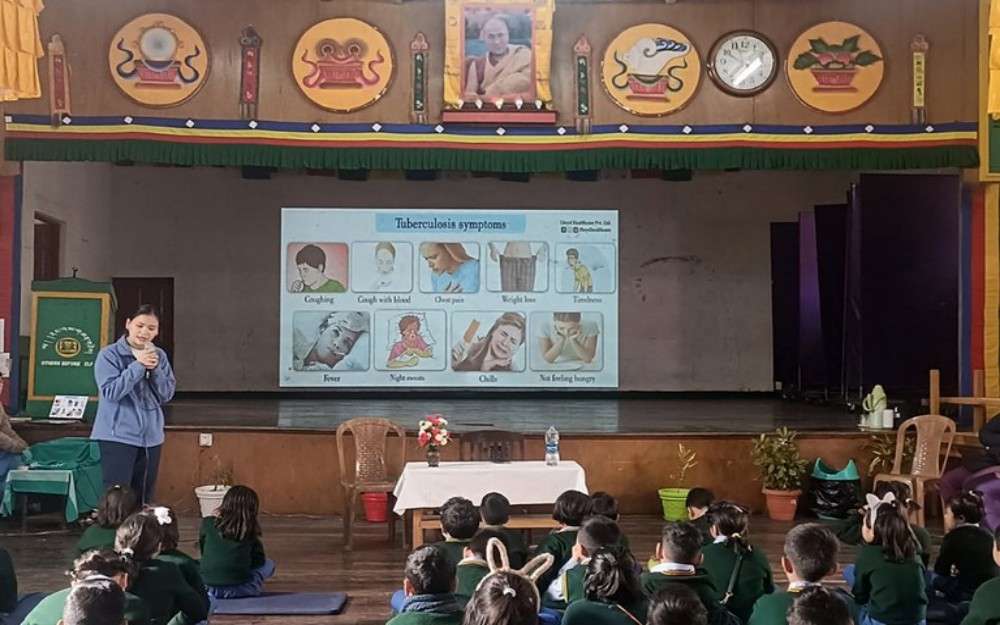
Grassroots idea
For this reason, many Tibetans both inside and outside Tibet urged Tibetan Children’s Villages to set up a boarding school for children from overseas, TCV Director Sonam Sichoe told Radio Free Asia. The proposal was then approved by the network’s board.
The school’s main priority will be to teach Tibetan language skills and cultural traditions, while simultaneously receiving a modern education that is on par with the West, Sichoe said.
So far, about 15 students from the United States, Canada, Australia, Denmark and Germany have enrolled. Regardless of the numbers, the school will proceed as planned, he said.
In the dormitories, the children from overseas will be mixed with students from India so that they don’t end up speaking only English, he added.
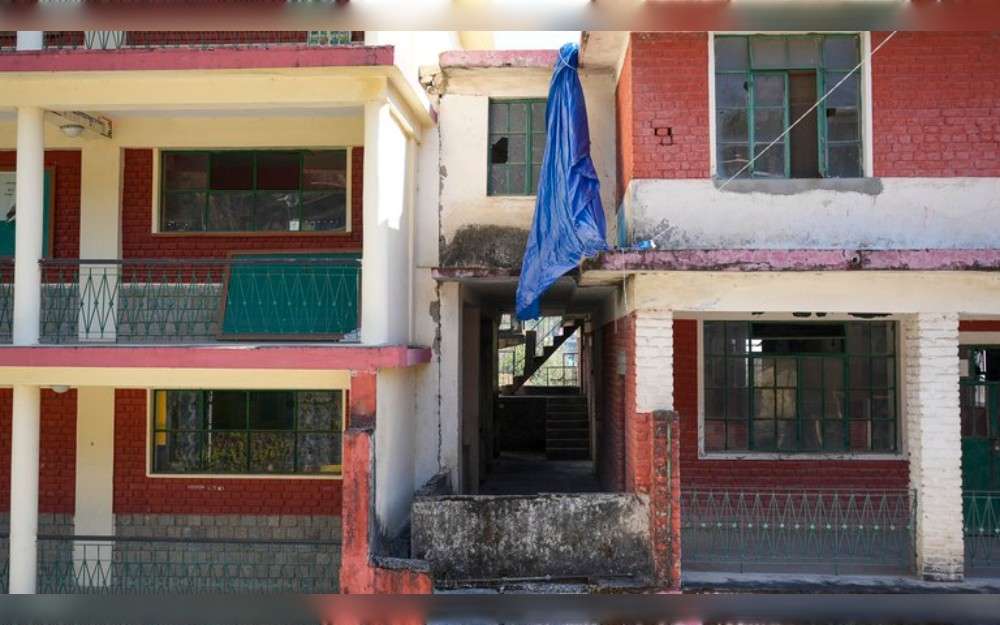
Tuition, room and board cost US$350 per child per month, Sichoe said.
Because the children are expected to come from different countries, the main medium of teaching academic subjects will be in English to ensure ease of understanding and communication, he said.
Studio Nyandak Dharamsala, a design company whose local employees are all TCV alumni, is working with school administrators to renovate the campus. Changes include the installation of Western toilets, single beds instead of bunk beds, water heating facilities and solar panels.
Expanded network
Set up in 1960 as a nursery for Tibetan children, TCV was established after the Dalai Lama proposed a center to care for kids who had been orphaned or separated from their families while fleeing after China’s annexation of Tibet in 1959.
Since then, the organization expanded its footprint across India to become a network of boarding schools caring for over 15,000 children.
The Dharamsala-based Lower TCV campus — now being renovated into a residential school for overseas children — came about in the 1980s after the main TCV school was inundated with children who had been smuggled out of Tibet by Tibetan parents during China’s liberalization program of that period.
Earlier this year, Jetsun Pema, the younger sister of the Dalai Lama who led the school for many years, received the Pearl S. Buck award from Randolph College in Lynchburg, Virginia, in recognition of her service.
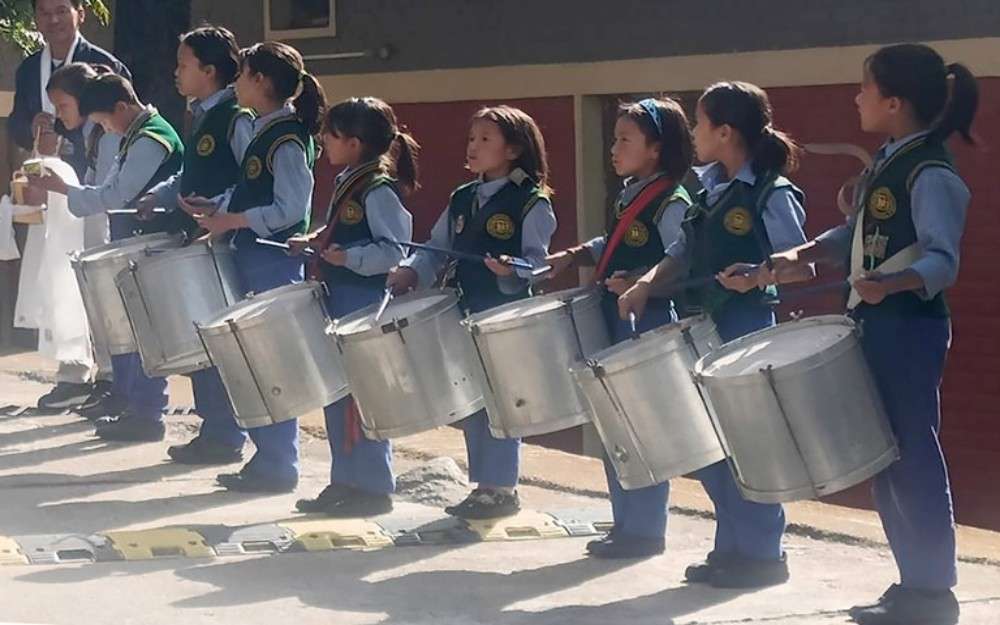
Parents’ reactions
Migmar Bhuti, a Tibetan in New York, welcomed the new boarding school, saying it would enable Tibetan children to more effectively learn and preserve the Tibetan language and culture at an early age. But she also expressed concern over whether math, English, science and the social sciences would be adequately taught.
“Since the Lower TCV School is planning to only take in students from the fourth to eighth grades, I wonder if that will allow the children to catch up in their classes when they move back here from the ninth grade, or whether they will need to drop a grade,” she told RFA Tibetan.
Given that academic and vacation schedules in the West differ from those in India, school officials are in discussions with parents about these concerns, said Choeying Dhondup, TCV’s general-secretary.
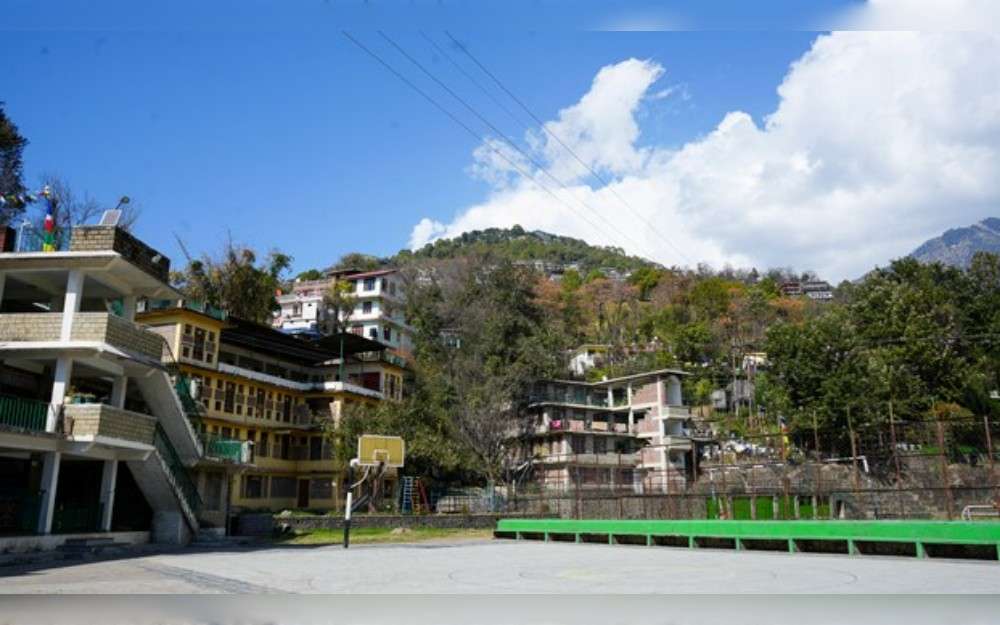
Kalsang Dorji, a father of two children and principal of a Sunday school for Tibetan children in Berkeley, California, said Tibetans there have wanted a dedicated residential school to teach their language and culture to youngsters.
“Not only do they get to learn the Tibetan language and culture very early on, they also have the opportunity to engage with other Tibetan children,” he said.
The success of the school will be determined by the quality of the faculty and enrollment numbers, he added.
“In our community, there is a widespread desire to have a dedicated school like this for Tibetan children, which is why I deeply appreciate TCV’s move to convert Lower TCV into a residential school for children from the West,” Dorji said.
Additional reporting by Tenzin Lekmon and Yeshi Dawa for RFA Tibetan. Edited by Tenzin Pema for RFA Tibetan, and by Roseanne Gerin and Malcolm Foster.
“Copyright © 1998-2023, RFA.
Used with the permission of Radio Free Asia,
2025 M St. NW, Suite 300, Washington, D.C. 20036.
https://www.rfa.org.”






